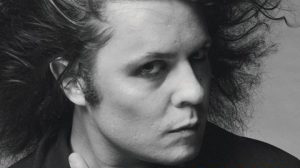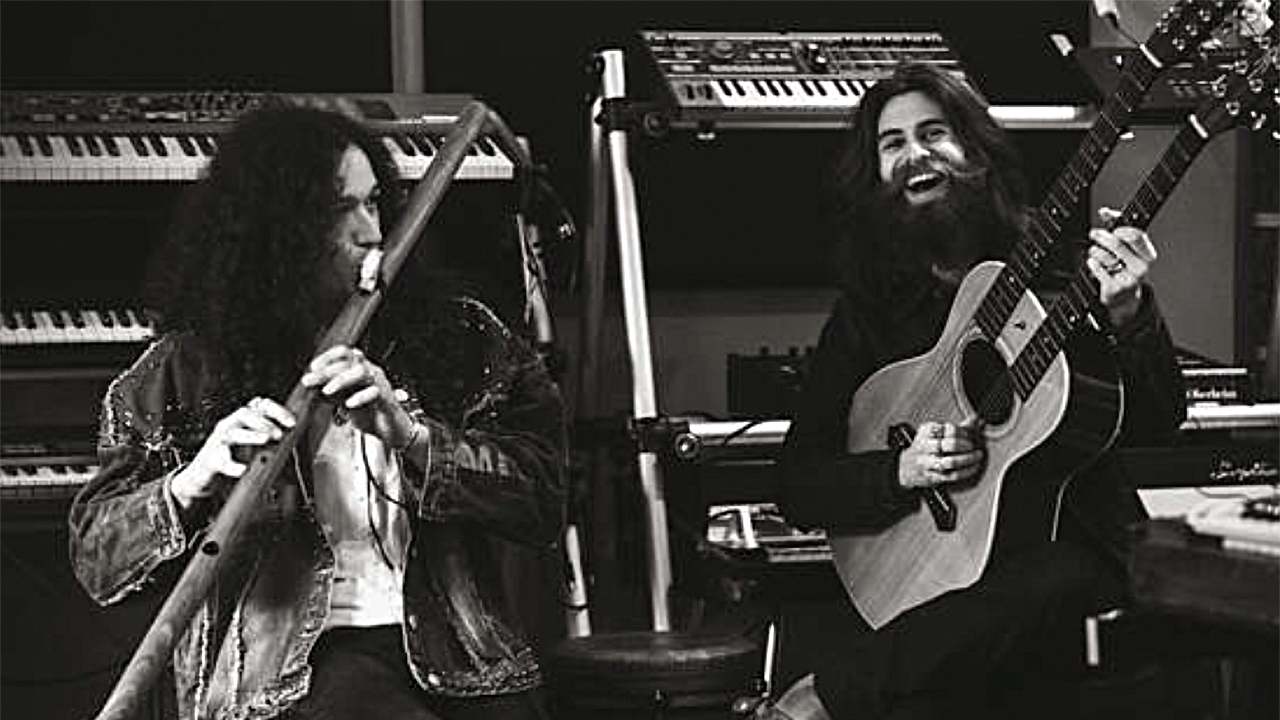You can trust Louder
Among the 21 bonus outtakes and demos on this three-CD book set (which includes detailed notes, press clippings and lyrics like ‘get you high as lightning’ rhyming with ‘don’t marry Fanny Frightening’), there’s a highpitched blast of gospel called Sky Church Music. It lollops about with crazy euphoria, and one imagines an alternative universe in which Bolan bravely released it instead of pilfering its refrain for the sluggish Zip Gun Boogie.
While on the surface these two late-period albums represent a creative and commercial decline, they’ve always been attractively odd. Self-produced, they’re busy, shrill, feverish. The restless Bolan was desperately trying to reclaim fame yet paradoxically intent on exploring new styles. He was still stirring the “spaceage soul” music that had lit up Zinc Alloy, but also talking about reviving “surrealist rock’n’roll” and being a punk.
Thus the albums fall somewhere between muddle and marvel. 1975’s Bolan’s Zip Gun shows how much he misses Tony Visconti’s guiding hand but does score scorchers with the breezy Light Of Love, the nagging Think Zinc and the freakily romantic Token Of My Love.
The next year’s Futuristic Dragon gave us New York City and Dreamy Lady (the latter has actually endured more happily). Its lesser-known curveballs like All Alone and My Little Baby transcend the toppy avalanche of eagerness, made even weirder by a Tyrannosaurus-hippie spoken intro.
Bolan was hurt, confused, flailing, but that ego-savant genius flickers through the blaze. He wasn’t done yet.
Sign up below to get the latest from Classic Rock, plus exclusive special offers, direct to your inbox!
Chris Roberts has written about music, films, and art for innumerable outlets. His new book The Velvet Underground is out April 4. He has also published books on Lou Reed, Elton John, the Gothic arts, Talk Talk, Kate Moss, Scarlett Johansson, Abba, Tom Jones and others. Among his interviewees over the years have been David Bowie, Iggy Pop, Patti Smith, Debbie Harry, Bryan Ferry, Al Green, Tom Waits & Lou Reed. Born in North Wales, he lives in London.


